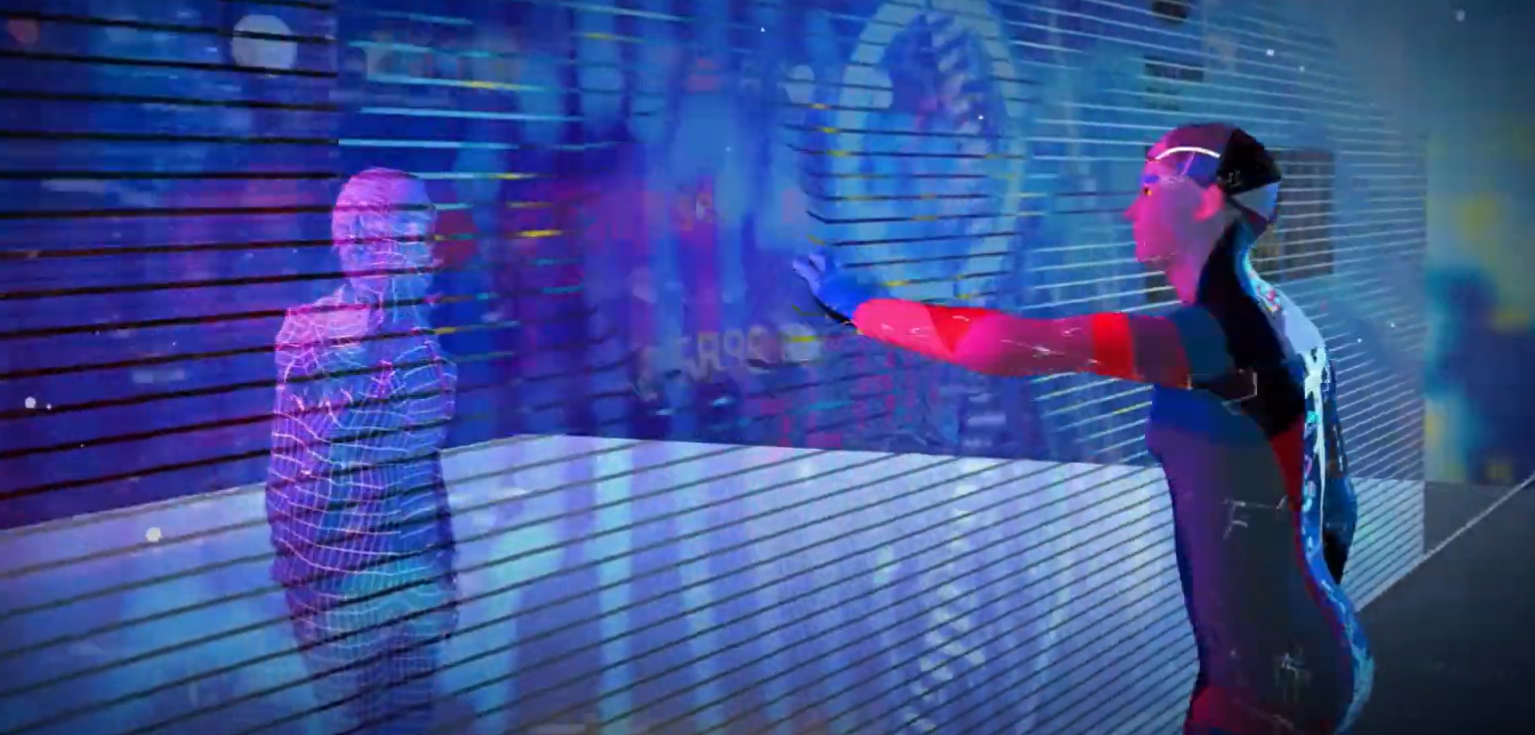Time: A Journey or an Eternal Present?
Time is often described as a journey, a path we walk from the past to the future. But what if this journey is just an illusion? The idea that all moments might exist simultaneously is a paradox that challenges our understanding of time. If true, the future has already happened, and the past is still unfolding, existing alongside the present.
Einstein’s Relativity: Time as a Relative Concept
Albert Einstein’s Theory of Relativity introduces the concept of time as relative, not absolute. According to this theory, time is influenced by speed and gravity, meaning that different observers may experience time differently. This relativity suggests that time is not a universal constant but a variable that can change depending on where and how you observe it. This challenges the notion of a single, flowing timeline.
The Block Universe: A Timeless Perspective
The Block Universe Theory takes the concept of time even further, proposing that time is like a block where all moments—past, present, and future—exist at once. In this view, the universe is a four-dimensional structure where time does not flow but is fixed. This challenges our everyday experience and raises questions about free will, destiny, and the nature of existence.
Conclusion: Rethinking Time
The idea that the future and past could exist together forces us to reconsider what we know about time. These theories suggest that our experience of time as a linear progression may be limited, shaped by our perception. As science delves deeper into the mysteries of time, we may find that our understanding of reality is more complex and interconnected than we ever imagined.




